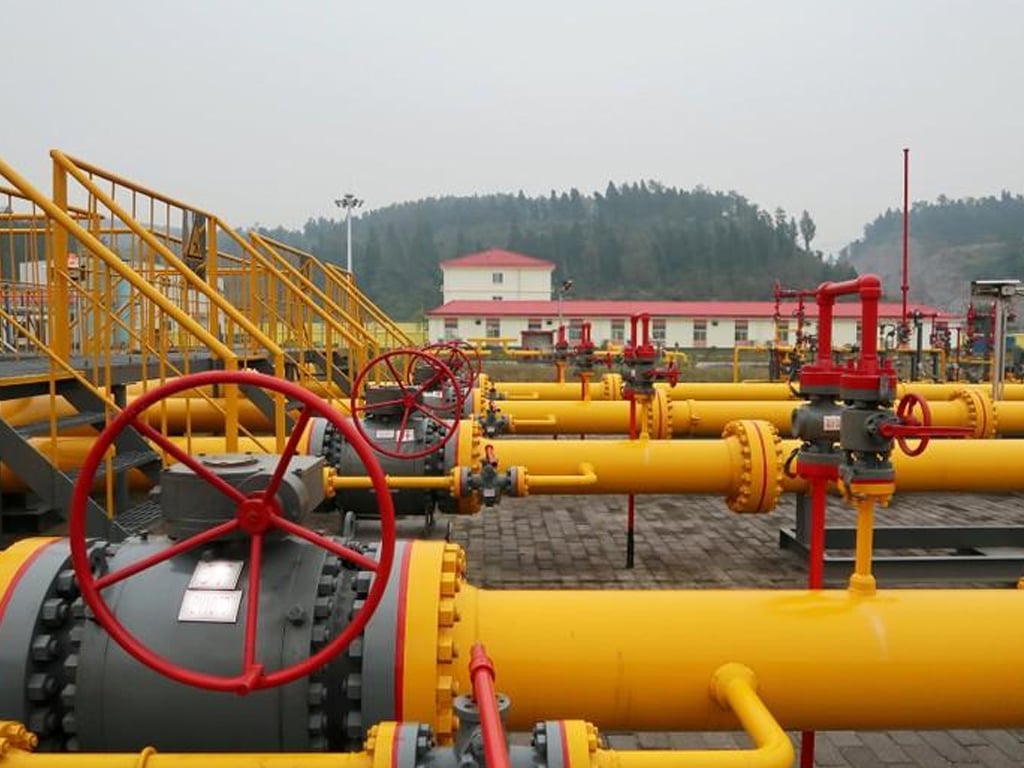BUDAPEST: Hungary accused Ukraine of meddling in its internal affairs on Monday after Kyiv criticised it over the signing of a new 15-year natural gas supply deal with Russia's Gazprom.
Ukraine, which stands to lose millions in transit payments, issued a statement saying Hungary's supply deal was a "purely political, economically unreasonable decision" and was to the detriment of Ukrainian-Hungarian relations. In turn, Hungarian Foreign Minister Peter Szijjarto told a news conference Ukraine was meddling. "(European) gas consumption will not decline, and Gazprom's role will not decline either," Szijjarto said after Gazprom and Hungarian energy group MVM executives signed the deal. "For Hungary, energy safety is a matter of security, sovereignty and economy rather than a political matter," he said. "You cannot heat homes with political statements."
Russia, which used to ship natural gas primarily through Ukraine, has diversified export routes, constructing the undersea Nord Stream pipelines direct to Germany and the TurkStream link from Russia to Turkey.
EU ministers meet on Europe’s ‘critical’ energy crisis
Under the deal finalised with Hungary at the end of August, effective from Oct. 1 and signed on Monday, Gazprom will ship 4.5 billion cubic metres of gas to Hungary annually, via two routes: 3.5 billion cubic meters via Serbia and 1 billion cubic meters via Austria.
Apart from saying the deal was political, the statement from Ukraine's foreign ministry said it would have a significant impact on the energy security of Ukraine and Europe and it would ask the European Commission to assess whether the deal respected European energy law.
"Hungary will start receiving Gazprom's gas starting from Oct. 1 already via TurkStream and the pipelines of South-Eastern Europe," Gazprom's head Alexei Miller said in a statement. TurkStream via the Black Sea as well as the Nord Stream pipelines on the bed of the Baltic Sea are part of Russia's plans to bypass its political foe Ukraine when selling its gas to Europe. The European Commission had no immediate comment. A surge in benchmark gas prices as demand rebounds following pandemic lockdowns is a politically charged issue.


























Comments
Comments are closed.